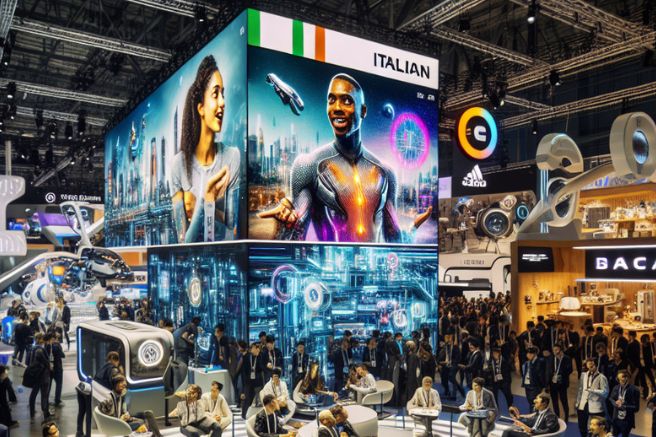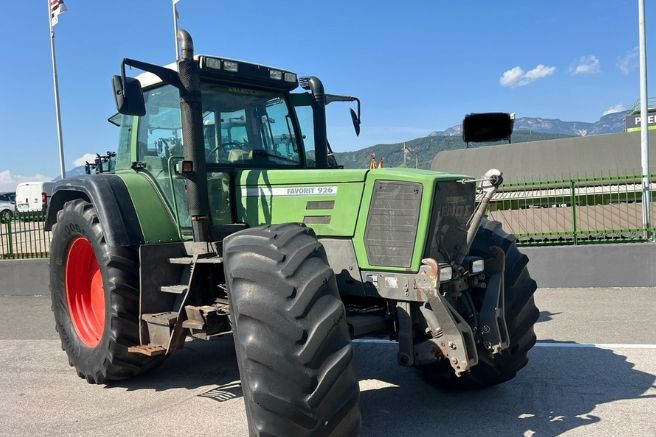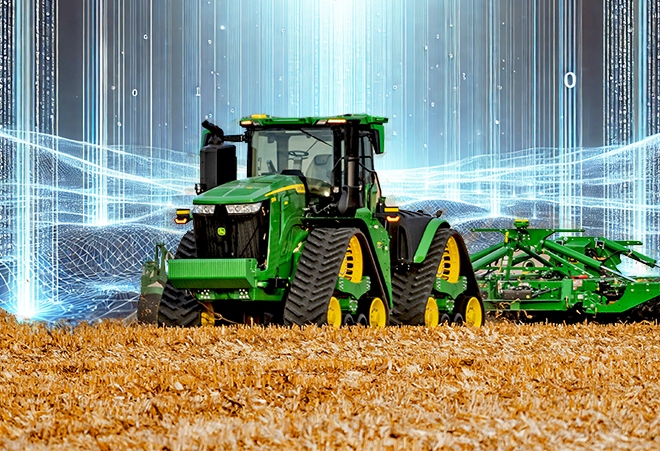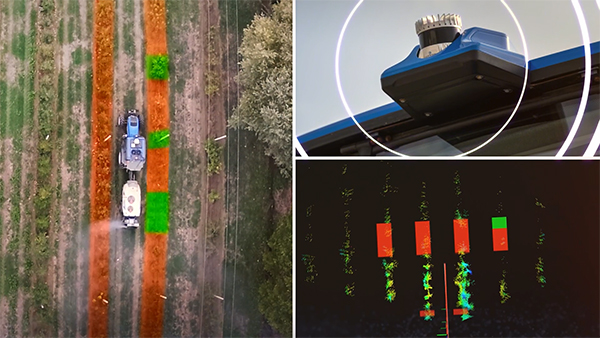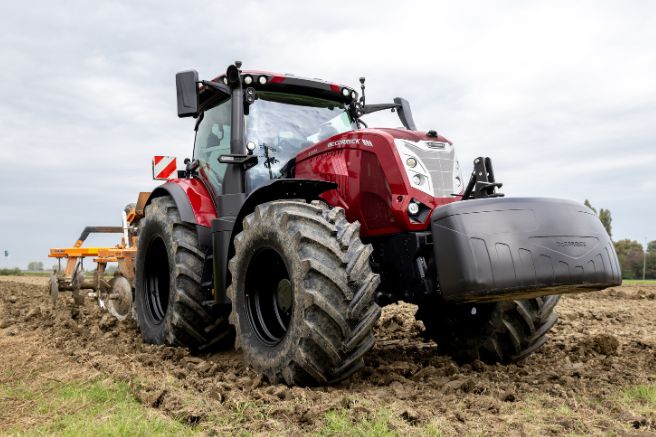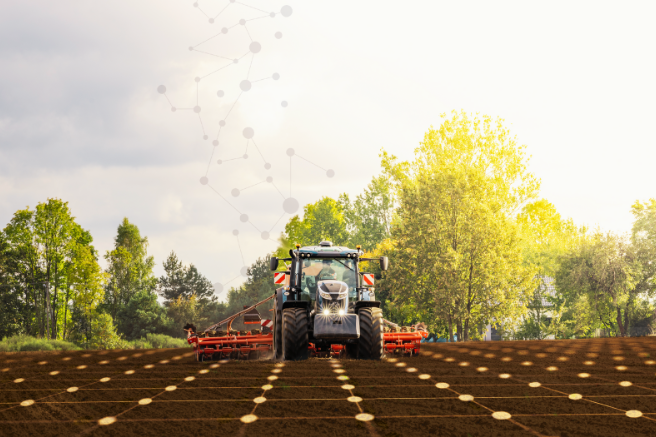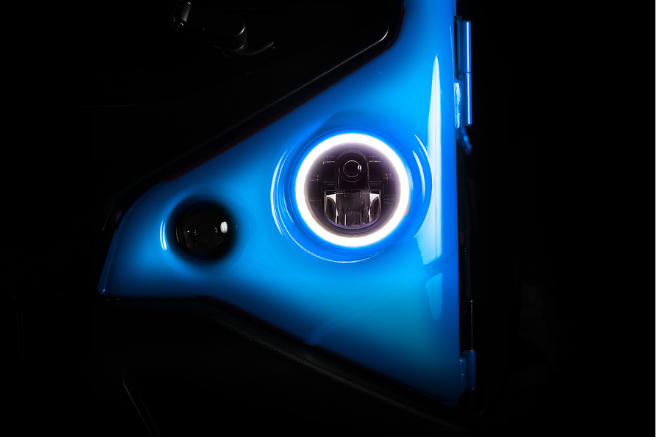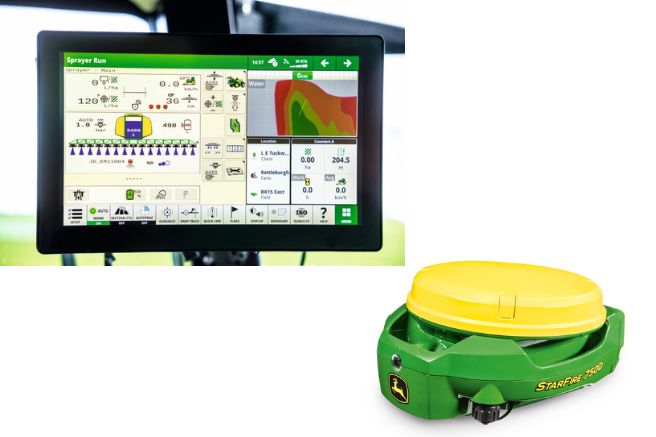From January 7th to 11th, the Consumer Electronics Show (CES), an international trade fair for electronics, robotics, and mobility, was held in Las Vegas. Artificial intelligence software took center stage, now integrated even into the most basic household appliances and serving as the foundation for innovations in the agricultural sector. As expected, Ces 2025 in Las Vegas, held from January 7th to 11th, was literally dominated by artificial intelligence programs. This technology has even been introduced into the most basic household appliances, transforming them into reliable and efficient home robots…
Read MoreCategory: Technology
Cvt transmission tractor: history, function, technology
Starting in 1995, when Fendt introduced its “Favorit 926 Vario” with 260 horsepower at the German Agritechnica trade fair, tractors with continuously variable transmission began to spread throughout the sector, eventually becoming a technological must-have. If the saying “When the going gets tough, the tough get going” holds true, it is equally true that in 1995, Fendt proved itself by responding to a difficult period for the entire German tractor industry. That year, the company launched the “Favorit 926 Vario,” the first high-power agricultural tractor (260 hp) equipped with a…
Read MoreFrom DeepSeek to ChatGPT: AI is transforming agriculture
AI (Artificial Intelligence) is now the driving force that is transforming the global technological race, reshaping industries, including agriculture, with far-reaching economic and strategic impacts. Innovation in this field extends beyond research, redefining the landscape of technological leadership. A prime example is DeepSeek, the Chinese startup that has revolutionized the AI market. DeepSeek: The Open-Source Revolution Challenging AI Giants Founded by Liang Wenfeng, DeepSeek quickly gained global attention with its highly advanced and efficient AI model, released as open source. This strategic move disrupted the entire industry, challenging tech giants…
Read MoreNew Holland at FIRA 2025: innovation and automation in farming
New Holland will participate at the World FIRA 2025: innovation and automation in farming, the premier event for agricultural robotics and automation. Held from February 4th to 6th, 2025, in Toulouse, France, the event brings together farmers, OEMs, start-ups, scientists, and investors to shape the future of agriculture. Visit New Holland at booth #36 to explore groundbreaking technologies driving productivity and sustainability in modern farming. Having participated in World FIRA since its first edition in 2016, New Holland recently signed a multi-year agreement with the show, further highlighting its commitment…
Read MoreMcCormick Dsm Plus system, easy and intuitive interfaces
Modern tractors now incorporate digital and IT features far beyond those of other commercial or industrial machines. However, the rapid pace of technological advancements can make it challenging for end users to fully grasp and utilize these innovations. This is particularly true when these features stem from cutting-edge technologies unfamiliar to the collective understanding of the agricultural sector. Easy and intuitive interfaces Digital and IT solutions in agricultural mechanization automate tasks and delegate control to onboard or external computers, significantly improving operational efficiency. These advancements are crucial for profitability but…
Read MorePackage “Precision Ag Essentials” by John Deere
In the 1990s, the opening of GPS satellite signals to the public marked a turning point for the primary sector, allowing industry professionals to benefit from continuous and progressive improvements in efficiency and quality of key operations. This technological revolution in precision agriculture has, in more recent times, been complemented by the increasing digitalization of farms, giving rise to the so-called “Agriculture 4.0,” considered by the FAO as the best path to ensure food security for a population now exceeding eight billion people. This strategic approach has been recently embraced…
Read MoreArgo Tractors, working with the business in your pocket
The ever-faster evolution of electronic and information technologies is revolutionizing all production sectors, progressively replacing human labor with robotic and autonomous solutions. This trend is characterized by a pronounced self-accelerating nature, which has now also reached the agricultural mechanization sector. Once dominated by mechanics and hydraulics, this field is increasingly embracing digitalization and informatics. From Energy Source to Business System Two technologies are transforming tractors into integrated components of a broader “business system,” where production efficiency can be optimized almost in real-time. An example of this evolution is the “MyLandini”…
Read MoreCaron “Ec70”, a jolt of energy
Over the last five years, electrification processes in the field of agricultural mechanization in Europe have evolved rapidly. The technological progress achieved with the experience gained in the automotive sector, the growing attention towards the environmental sustainability of production cycles and the increasingly stringent regulations for the reduction of polluting emissions have in fact accelerated this path, giving impetus to new solutions which through different architectures, hybrid, plug-in and full electric, also promise to improve the efficiency of the machines and reduce management costs. Wide margins for growth This has…
Read MoreIntelligent irrigation with “xIdro”
The ongoing climate changes have changed the approach to irrigation. If once upon a time it was possible to give regular rainfall, today this is no longer the case. Precisely for this reason xFarm Technologies has developed the new “xIdro” intelligent irrigation system, a solution composed of an IoT device, which can be used individually or in a network to control pumps, solenoid valves and transducers, and a software module present in the app xFarm. The “Automatic Irrigation” module in fact allows the configuration of the hydraulic system directly from…
Read MoreJohn Deere, digital is for everyone
Precision agriculture requires the use of specific solutions not always available on less current machines. To overcome this problem, John Deere has decided to offer a package of hardware and software accessories that can be installed on any machine to update its operational possibilities. Called “Precision Ag Essentials”, it offers the possibility of using the latest precision farming technologies in an economical and adaptable way to any type of agricultural operation. The hardware consists of a “G5 Plus” display compatible with the isobus standard, a “StarFire 7500” receiver and a…
Read More
